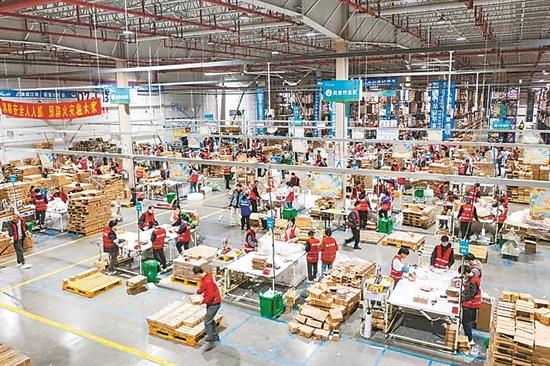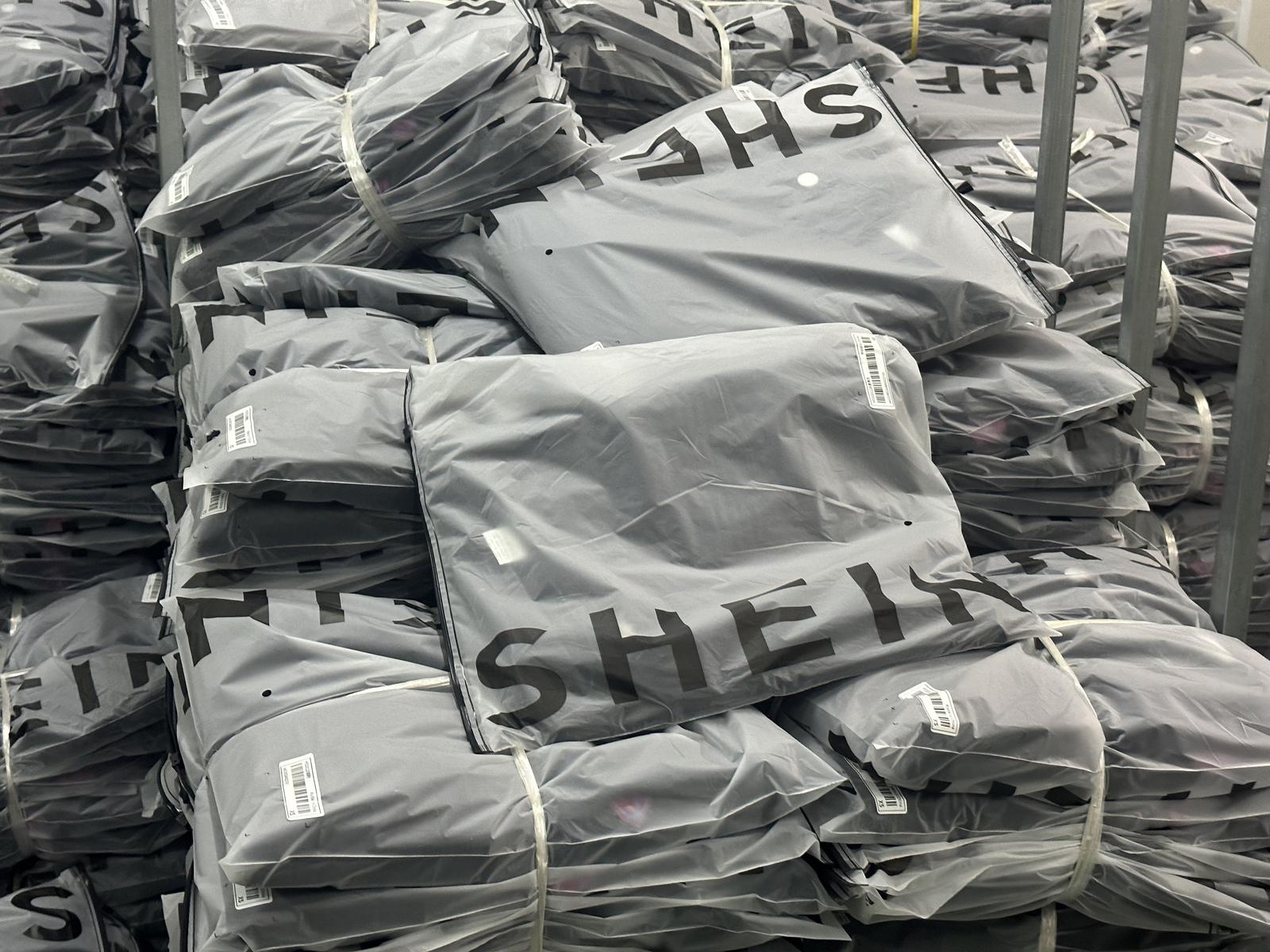The latest data on Guangzhou's cross-border e-commerce has garnered attention: in 2023, the import and export of cross-border e-commerce in Guangzhou reached 200 billion yuan, marking a remarkable year-on-year growth rate exceeding 45%, accounting for nearly 20% of the city's total foreign trade. Guangzhou's cross-border e-commerce has witnessed a staggering 136-fold increase in scale over the past nine years, consistently ranking first nationwide in import scale for nine consecutive years.
Amidst the prosperous cross-border e-commerce landscape, Guangzhou, a millennium-old commercial city, is emerging as a new hotspot for this thriving industry.

A cradle of global unicorn leaders
Preliminary statistics reveal that China boasts over 645,000 enterprises with export and import records, among which over 100,000 are cross-border e-commerce entities. Evolving from the "world's factory" to the "world's shopping center", Guangzhou has become a magnet for renowned enterprises in this sector. Guangzhou has attracted not only high-quality cross-border e-commerce enterprises such as Shein, Vipshop, O'Mall, Top Ideal, Nansha International Logistics Center, and Jiesheng Logistics Service, but also a large number of key platforms and enterprises such as Temu and TikTok to develop.
As a leading enterprise in cross-border e-commerce, Shein has developed in Guangzhou for ten years, becoming one of the top five unicorn enterprises globally. In 2014, in Nancun Town, Panyu District, where clothing factories are concentrated, Shein built its supply chain center and created its own brand. Nancun Town has thousands of small and medium-sized clothing factories within a radius of 3 kilometers. By utilizing the well-developed industry, complete supply chain, and favorable business environment, Shein propelled itself into an international fashion powerhouse, which also serves as a vivid example of the combination of cross-border e-commerce and local industry.
Today, Shein's value is estimated to reach a hundred billion yuan, and the growth of this top five global unicorn enterprise resonates with the rise of Guangzhou as "the city of cross-border e-commerce." Many cross-border e-commerce enterprises continue to thrive in Guangzhou, leveraging its robust local industry. The city remains committed to fostering an environment conducive to global expansion for enterprises.

An one-stop hub for three bonded zones
As for the import, Guangzhou's individual consumer purchases and B2B distribution are extremely active. The distribution center of DSTP (Digital Service Trade Platform) positions Guangzhou as the premier destination for global quality goods to enter China, especially in categories such as daily necessities and food products. Guangzhou cultivates local cross-border e-commerce import platforms such as Vipshop, O'Mall, and Lalami. Many consumers purchase global goods through these platforms, enjoying a seamless shopping experience every day.
More importantly, Guangzhou's status as a city with three comprehensive bonded zones across the harbor, inland area, and airport confers a significant advantage. Its superior geographical location and robust infrastructure are vital for the smooth operation of cross-border e-commerce.
Guangzhou will further develop the service chain with harbors, inland ports, airports, and information ports, relying on the Nansha area of the China (Guangdong) Pilot Free Trade Zone, Guangzhou Airport Economic Zone, and Huangpu Lingang Economic Zone to enhance the capabilities of its sea, land, air, and rail hub, optimizing the logistics channels for cross-border e-commerce imports and exports.
Moreover, innovative regulations in customs, taxation, and foreign exchange aim to create a more conducive business environment, facilitating smoother and more efficient operations within the cross-border e-commerce ecosystem.

Source: Yangcheng Evening News
















